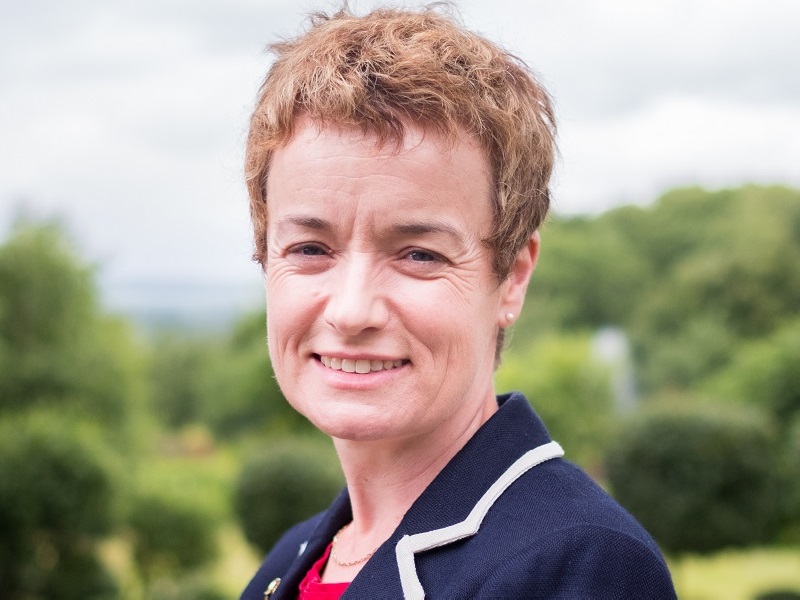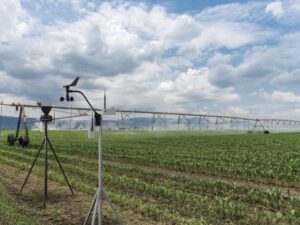A review of HS2’s land and property acquisition has missed some fundamental points, according to the Central Association of Agricultural Valuers (CAAV).
The review, initiated by the Department for Transport in the summer, tried to address a wide range of concerns raised by several different parties involved with HS2, explains Kate Russell, policy adviser to the CAAV. “Perhaps inevitably, the result is a piecemeal series of recommendations. While some are very welcome – like better communication and more flexibility – we are disappointed that some of the really important factors do not appear to be addressed.”
The review set out 36 detailed recommendations under four main themes:
• Better and more courteous communication with affected parties
• A more flexible approach to settling compensation claims
• Giving those affected more certainty on when land will be taken and how it might be returned if not needed
• Improved information management and administration.
The CAAV has previously argued that a more flexible approach needed to be taken to compensation, especially as no two farms, businesses or properties affected by the scheme are identical. “We look forward to seeing how this could be implemented, because it’s likely to require a change in mindset within HS2,” says Ms Russell.
“The commitment to improve IT and administration is also very welcome. A good system of information management should free up case managers to spend more time on dealing with claimants. However, it’s shocking that we are nine years into this project and the IT still isn’t up to scratch,” she adds.
Despite highlighting some important areas for improvement, the review misses a number of key points. “The report acknowledges that HS2’s current dispute resolution offer isn’t working because claimants don’t trust it; feeling it lacks independence because they have to choose who will resolve a dispute from HS2’s own panel,” explains Ms Russell. “Dispute resolution is a really important area and it would be quite simple for HS2 to ask an independent body, such as the CAAV, to appoint a neutral third person to deal with the matter.”
The second issue is much broader, she says. “We want to see HS2 balance its statutory powers with a duty of care to those affected by it and though the review states there will be a renewed focus on placing people at the heart of the scheme, there’s very little detail on how this will be achieved.”
Improving access to professional advice is a further area the report has failed to outline. “We have members involved on both sides; some acting for HS2 and others acting for land, property and business owners,” explains Ms Russell. “We want HS2 to give more autonomy to its expert agricultural valuers – the people on the ground who really understand farming and rural business – so that claims can be dealt with more quickly and efficiently.”
For more information visit www.caav.org.uk.
About the CAAV
The Central Association of Agricultural Valuers (CAAV) is a specialist professional body representing, qualifying and briefing over 2,800 members practising in a diverse range of agricultural and rural work throughout England, Wales, Scotland and Northern Ireland.
CAAV members are agricultural and rural valuers who provide professional advice and valuation expertise on issues affecting the countryside from tenancy matters to sales and purchase of farms and land, from taxation and compulsory purchase to auctioneering, and from conservation issues to farming structures.
We are always happy to speak to the press – if you have any queries please contact Olivia Cooper, partner at Agri-hub PR services, on 01392 840009 or email [email protected].




